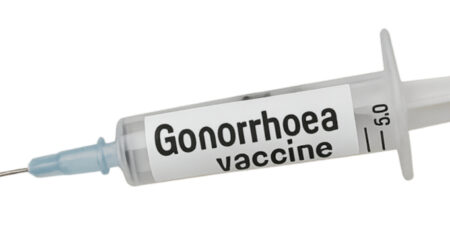Highlighting the importance of RSHE in the Government Curriculum and Assessment Review
Update: 20 Nov 2024.
As many will have seen – the Call for Evidence as part of the Government’s Curriculum and Assessment Review closes this Friday, 22 November.
Clearly there are many important subjects that children and young people need to learn. And no one is disputing the importance of English, maths etc.
This is just a quick look at how the Family Planning Association (FPA) will highlight the importance of high quality Relationships, Sex and Health Education (RSHE) in the Call for Evidence.
We welcome the inclusion of RSHE in the Review.
We also welcome the evidence-based, data-driven approach, the focus on skills as well as knowledge, and the stated ambition that all children and young people are represented.
We will be highlighting how high-quality relationships, sex and health education at school is essential to help:
- Children and young people to stay safe, both offline and online
- Children and young people to be healthy, manage their feelings, and have healthy relationships
- Foster dignity, equality and respect for all people
How we can build on the good work being done through RSHE
Evidence shows that the benefits of relationships and sex education are overwhelming.
We now need to develop and build on the current statutory 2019 guidance on Relationships Education, Relationships and Sex Education (RSE) and Health Education to ensure the best outcomes for children and young people.
Some areas we will be highlighting to the Call for Evidence include the importance of:
- Regular, evidence-based updates to RSHE guidance
- Ensuring there is enough timetabled time to teach RSHE
- More training and support for teachers to feel competent, safe and confident to teach RSHE and model appropriate skills
- Ensuring the RSHE curriculum is skills-rich as well as knowledge-rich, so children are equipped to communicate well, think critically and make responsible decisions
- A well sequenced framework for RSHE and a whole-school approach
- Inclusivity
- Teachers having flexibility to respond to the needs of learners
Plus:
- Primary schools – teaching Social and Emotional Learning (SEL) and the link between SEL and RSHE
- Secondary schools – young people learning social and relationships skills
We will always fight for the right of children and young people to have high-quality RSHE – and for teachers to get the resources and support they need.
We hope this helps inform your own response to the Call for Evidence if you will be doing so.
Adam Jepsen
Chief Health and Sex Education Officer
Family Planning Association




